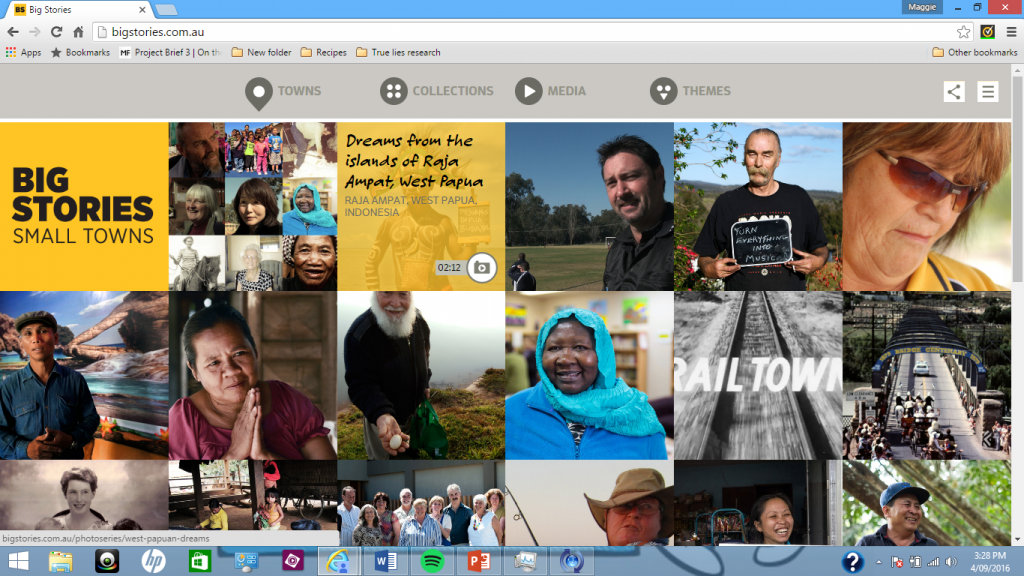Well, it’s not every day you get to meet a director whose work has been shown and won awards at film festivals including Sydney Film Festival, Venice Film Festival, MIFF and even Sundance, but it happened to me on Tuesday. Kim had asked documentary, feature and short film creator Amiel Courtin-Wilson to come in to speak to us. Courtin-Wilson is one of those people you’ve never heard of but really should have. His films include Bastardy, about Uncle Jack Charles, Catch My Disease, about Ben Lee, and Hail, a feature in which a former prison inmate plays himself in a fictionalised version of his life.
In case that wasn’t daunting enough, Courtin-Wilson is much like an Olympian, in the sense that he makes you reflect on just how little you’ve achieved compared to when he was your age. By the time he was as old as I am now, Courtin-Wilson had had his first documentary Chasing Buddha featured at Sundance. But of course, his extensive achievements meant he had great advice about how establish yourself in the film world.
Unsurprisingly, his first piece of advice was to just go for it – make the most of every opportunity and get as much material produced as you can. He made the quite important point as well (I think) that often it’s the projects you’re not as invested in at first that become your masterpieces, so you should really put time and effort into everything. For example, he spoke about how Chasing Buddha was originally written as a speculative exercise for university, and that it was only after writing the script that he decided to actually make it.
He spoke about the importance of building and maintaining relationships, and interestingly not just with people already in the industry but with classmates and friends. As he pointed out, although they can’t offer you a job now, if your classmates end up in the industry in 20 years time and remember you, that might give you the edge. Courtin-Wilson has worked with the same DOP for all of his projects since Chasing Buddha, a guy who was a buddy from high school.
And it’s no wonder he’s stuck with the same guy as his films are visually beautiful. We watched scenes and trailers from Hail, Ruin, Bastardy, Cicada and others, and each one was aesthetically wonderful. It’s again quite daunting, because while I’m sure Courtin-Wilson has spent many years learning his craft, there is a part of me that thinks that kind of artistic vision must come from raw talent that you’re born with (according to his Wiki page, his parents are both artists, which doesn’t surprise me a bit!).
Dan saw a similarity between his subjects and that of one of Courtin-Wilson’s films, and so asked a question regarding documentary ethics and the line between expose and exploitation. Courtin-Wilson, softly spoken and eloquent, struck me as a very genuine person who would be highly invested in his subjects and treat them very well, and he spoke about befriending Jack Charles rather than just being his profiler. His advice was to give the subjects a voice through the editing stages, to ensure that they were comfortable with the final project.
Courtin-Wilson ended his talk by suggesting that he was always on the lookout for interns – music to our student ears! I’ve just taken on an internship, and the more experimental route he seems to be taking with his new work is far too visionary for my unimaginative mind, but I really hope someone in our class takes him up on the offer as it would be just fantastic to learn from someone who has clearly mastered the craft of documentary-making.

